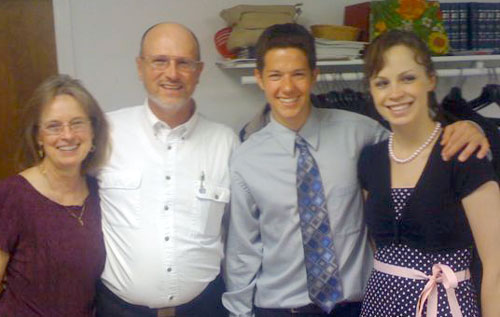28 May Earthquake Hits Honduras
A strong earthquake hit Honduras this morning. Juanita Chavez, superintendent of Honduras Conference, sent this note:
“By God’s grace we are fine here in Honduras. Seven of our superintendents have been in touch and tell me that all our people, pastors and families are thanking God as none have suffered personal or material injuries with the exception of Puerto Cortes. Pastor Janiria reports damage to the church and parsonage. Walls and floors were affected, and the parsonage is uninhabitable.
“This evening the pastor will be staying with family. The cement for the patio around the church building is also damaged. We’re listening closely to the recommendations on the radio and television as tremors continue. Although they are less violent, citizens are still on edge. We thank the Lord for His mercies.”



